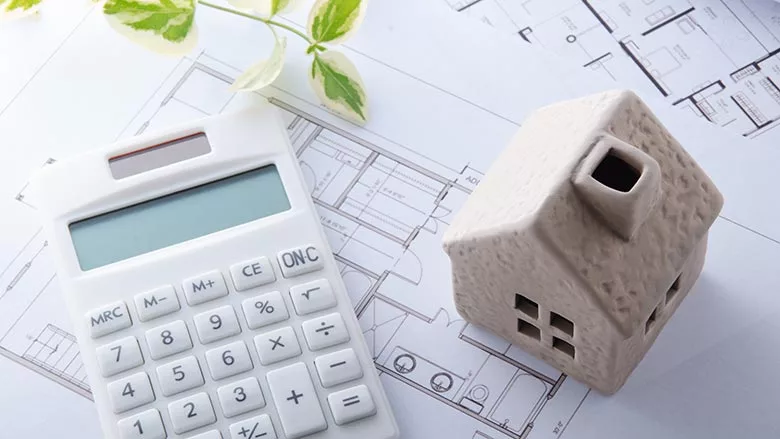Sustainability in Property Restoration: Committing to Eco-Friendly Practices

Photo credit: studio-pure / iStock / Getty Images Plus via Getty Images
Rising Costs of Climate Change Disasters
In recent decades, Canada has faced escalating insured loss costs due to natural disasters, with figures soaring from $100-$200 million annually to over $1 billion in the early 2000s. Notably, the 2016 Fort McMurray wildfires and the 2013 flooding in southern Alberta and Ontario have been among the costliest, amounting to $6 billion and almost $3 billion, respectively.
Construction and Restoration’s Role in GHG Emissions
The construction sector in Canada, including the restoration industry, significantly contributes to greenhouse gas (GHG) emissions. With buildings accounting for 17% of Canada's total GHG emissions, the industry ranks as the third-highest emitter after transportation and oil and gas production. This places a considerable environmental responsibility on the shoulders of restoration professionals.
Restoration at the Climate Change Forefront
As front-line responders to climate change impacts, restoration companies are witnessing an increase in both the volume and complexity of claims. This uptick presents both challenges and opportunities for the industry to evolve sustainably.
Market Forces Driving Sustainability
Consumer expectations and insurers' sustainability goals are steering industries, including restoration, towards greener practices. Consumers increasingly demand environmentally responsible actions from companies, while insurers set net-zero and other environmental objectives, advocating for sustainable building practices. These shifts make sustainability an imperative, not just an option, for restoration companies.
Challenges in Sustainable Restoration
A significant hurdle in sustainable restoration is the limitation of insurance coverage, which typically extends only to restoring a property to its pre-loss condition. Sustainable or eco-friendly upgrades often exceed this scope, placing the onus on property owners to opt for them.
Sustainable Approaches in Restoration
Restoration companies can drive sustainability in two main areas: internal operations and on-site restoration processes.
1. Enhancing Internal Operations
Companies can adopt eco-friendly practices like using LED lighting, transitioning to hybrid or electric vehicles, going paperless, and implementing sophisticated waste management programs.
Seeking partnerships with vendors and subcontractors who share similar sustainability values or are willing to adopt such practices is crucial.
Continuously measuring and improving internal strategies for lowering emissions and managing waste is vital.
2. On-Site Sustainable Restoration
Waste management and landfill diversion: The construction sector in Ontario generates approximately 14.2 million tonnes of waste annually, with only about 12% being diverted from landfills. Effective waste management can significantly reduce landfill contributions, with debris materials being reused, recycled, or converted into energy.
Rebuild operations: Sustainable rebuild options can include energy-saving and emission-reducing materials. Although these are often considered upgrades beyond regular policy coverage, forward-looking restorers can guide property owners and insurers in incorporating these sustainable options.
Third-Party Partnerships and Transparency
Leveraging third-party certifications can help restorers seamlessly integrate credible sustainable options into their processes, ensuring transparency and up-to-date building science technologies throughout the restoration process.
Benefits of Sustainable Practices
Embracing sustainability in restoration offers numerous benefits:
- Healthier living environments.
- Enhanced durability and resilience against future climate events.
- Financial incentives such as mortgage-related benefits, improved resale value, and reduced operational costs through lower energy bills.
The Road Ahead: Sustainability Endorsements
Hudson Restoration is working with insurers to introduce a "sustainability endorsement," allowing policyholders to opt for additional premiums for coverage that includes sustainable materials and appliances in the event of a loss. This approach brings a disciplined yet customizable solution to each claim, aligning with the unique needs and preferences of property owners.
About Hudson Restoration
Hudson Restoration is a leading boutique and eco-friendly disaster restoration company specializing in luxury residential and commercial properties. Our commitment to sustainable restoration practices places us at the forefront of an environmentally conscious approach in the industry.
For more information on our services and sustainability initiatives, visit HudsonRestoration.com or contact zach@hudsonrestoration.com for detailed insights into our industry-leading sustainability efforts.
Looking for a reprint of this article?
From high-res PDFs to custom plaques, order your copy today!





